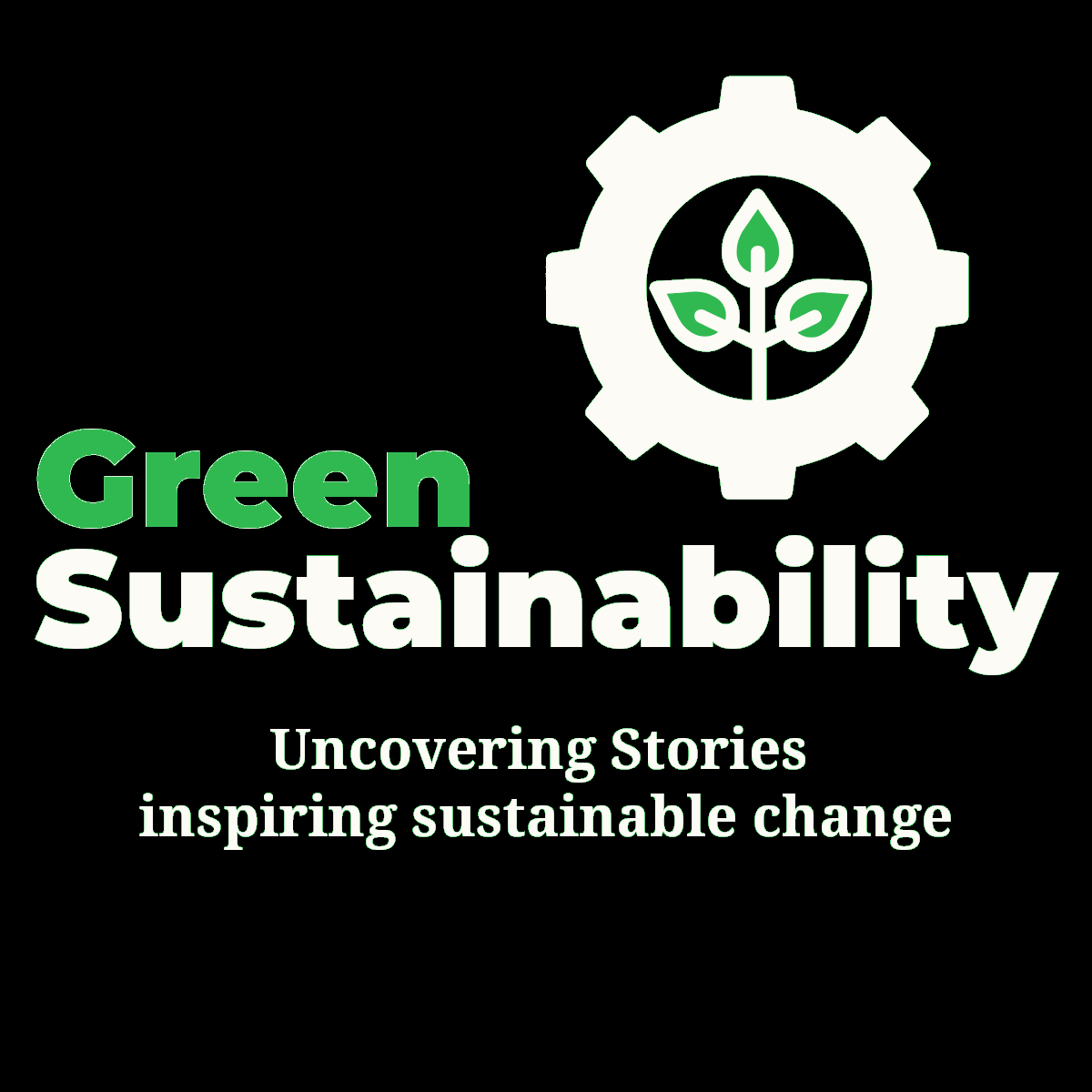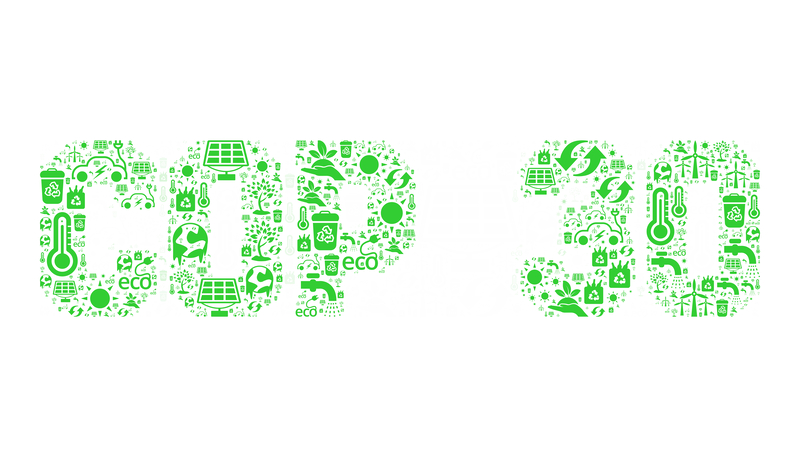

Image: Porthcawl, Storm Frank by Gareth Thompson
Information sourced from:
DC Bureau (2015), The Expanding Sahara: Deforestation in Morocco [online], Available from: http://www.dcbureau.org/201305138562/bulldog-blog/the-expanding-sahara-deforestation-in-morocco.html [accessed 29/05/2015].
Carbon Footprint (2014), Climate Change, What will happen if we do nothing? [online], Available from:
http://www.carbonfootprint.com/warming.html [accessed 29/05/2015].
Our Supporters



.png)




















.png)














































_(1).original.avif)



